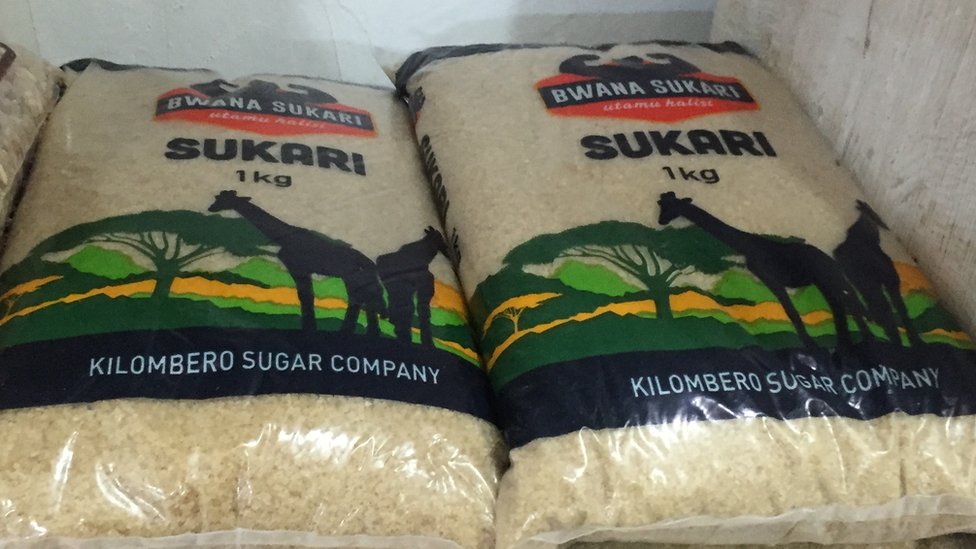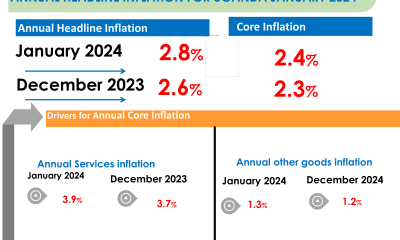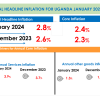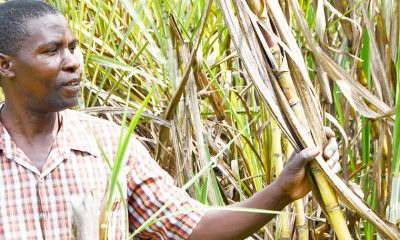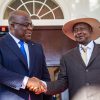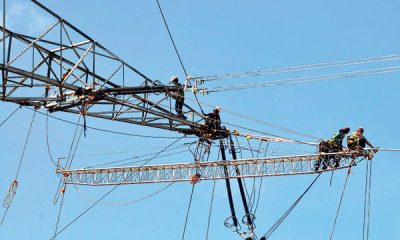Tanzania finds itself in the midst of a contentious battle between sugar regulators and producers as efforts to enforce price caps on the commodity collide with a widespread shortage across the nation.
Retail sugar prices have skyrocketed, doubling from an average of Tsh2,300 ($0.91) in November to a staggering range of Tsh4,000 ($1.58) to Tsh6,000 ($2.37) per kilogramme. Blame for the artificial shortage is being directed towards factory owners, importers, and traders.
Comparatively, sugar prices in the East African Community (EAC) vary significantly, with Kenya averaging about $1.30 per kilo, Uganda at $1.35, Rwanda at $0.44, Burundi at $0.83, the Democratic Republic of Congo at $1.92, South Sudan at $2.36, and Somalia at $3.14.
In response to public outcry, the Sugar Board of Tanzania announced shop price caps ranging from Tsh2,700 ($1.07) to Tsh3,200 ($1.27), slated to be effective from January 23 until June 30. However, industry players argue that these prices are unsustainably low and threaten their profitability. Consequently, Tanzania’s major sugar factories have either halted or reduced production, exacerbating the shortage while prices remain high.
The timing couldn’t be worse as the Islamic community prepares for Ramadan, heightening demand for sugar.
Agriculture Minister Hussein Bashe has issued a stern warning to sugar producers and traders against lobbying government officials to reverse the price caps. He emphasized that political influence would not sway the decision, stating that only the President, Vice-President, Prime Minister, and Deputy Prime Minister hold authority to question him regarding the price caps.
To address the shortfall, the government plans to issue permits for the immediate importation of 100,000 tonnes of sugar. However, Minister Bashe cautioned against hoarding supplies to manipulate prices, threatening to revoke protection for factories engaging in such practices.
Looking ahead, Minister Bashe anticipates sugar prices to stabilize by mid-February, with the total import allocation expected to arrive in the country by the end of the month. Additionally, ongoing assessments of rainfall and its impact on sugarcane farms aim to prevent excessive imports that could harm local production.
Tanzania’s sugar market remains in flux as stakeholders navigate the delicate balance between regulatory intervention, market forces, and consumer needs.
Source; the East African newspaper

